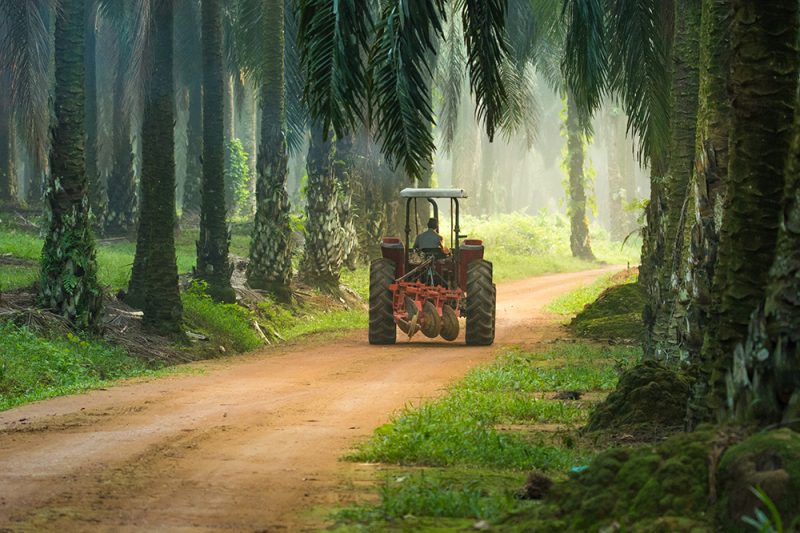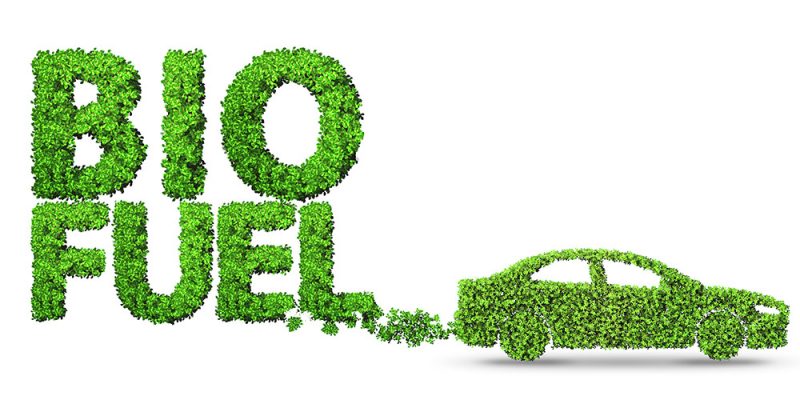
This site
is mobile
responsive

Emerging Fuel
Diesel is one of the most energy-dense fuel options that has been used for ages to power the heavy road vehicles, water transportations; ships, tanker and boats as well as a fuel for diesel engines. The gradual depletion of fossil resources has led to renewable energy development, to cater to the demands in the future.
Biofuels are an alternative fuel to diesel that derived from fats such as vegetable oil, animal fat and recycled cooking grease.
The conventional or the first generation biofuels are made out of food crops such as palm, rapeseed, soybean and sunflower oils. Malaysia, being the world’s second-largest producer of palm oil, has abundant raw materials for biofuels production.
Alternatives to palm oil,sourced from used cooking oil (UCO), palm fatty acid distillate (PFAD), palm oil methyl ester (POME) and algae will later lead to the production of second-generation biofuels, also known as advanced biofuels. Non-food crops, including lignocellulosic feedstocks, industrial waste and residue streams, also produced these biofuels.
The various ranges and concentration of biodiesel are denoted as B5, B10, B20,B30, and B100, which represents the percentage of biodiesel in pure diesel. For example, B100 indicates the content of 100% of pure biodiesel, while B20 is a 20% blend of biodiesel with 80% diesel fuel.
Technology
The chart below exhibits the process steps of producing conventional biofuels.
Biofuels can be obtained either from advanced acid esterification or oleochemical processes of all type of non-edible oils and fat wastes containing free fatty acids (FFA). Acid esterification of FFA requires high-grade materials to handle the challenge of corrosion compared to conventional esterification used in the production of biofuels.

Application
Biofuels are used in the automotive and energy industries. It can also be used in various types of machinery without any modification to the compression ignition engines that were designed to operate on diesel fuel.
Challenges
Oneof the main challenges in implementing biofuels is the users’ perception of the quality of biofuels produced locally. It raises concern on the use of local biofuel production technology in meeting the stringent international biodiesel specifications. Awareness programmes in collaboration with relevant agencies are hoping to increase the users’ acceptance in using our local biofuels, thus proving that Malaysia produces one of the high-quality palm oil in the world.
Apart from the user’s perception, the ever-changing specifications are also a hurdle in the biofuel industry. Europe is one the largest producer and consumer of biodiesels in the global market along with the USA and Brazil. This is due to a growing trend in major end-user industries including automotive, power generation, marine and machinery, yet today, palm oil production suffers from stringent limitations on import to the USA and EU.
However, the markets for biofuels in some segments of South East Asia are still underdeveloped and available to be tapped into by the producers.
Currently, Malaysia is producing below its installed capacity, and with the increase in users’ acceptance, this will soon change the country’s biofuel scenario.
Policy Advocacy
The Government has introduced the Malaysian Biofuels Industry Act 2007 to streamline the licensing and regulation of the country’s biofuels industry as well as facilitating sector development.
MIIDA, as the principal investment promotion agency in Malaysia, is welcoming new quality investment by actively promoting the utilisation of palm oil in the country.
Investment & Production of Biofuel
According to the Malaysian Palm Oil Board (MPOB), there are more than 20 companies in operations with a total installed capacity of 2.1 million tonnes per year.
The government, through the Ministry of Primary Industry (MPI), has already commenced the mandatory implementation of B10 programme on 1 February 2019 for the transport sector. MPI also recently launched the compulsory execution of biodiesel B7 programme for the industrial sectors on 1st July 2019.
Since 2013, MPI together with MPOB has conducted a series of trial-runs to experiment the usage of B10 and B20 in farmmachinery, small generators, boilers, ship engines, and forklifts. With industry players such as FGV, SOP Green Energy, Sime Darby Oils and many more, Malaysia is synergising to concur that the country’s biofuel is on par with others.
New investments
MIDA is anticipating new projects in biofuel as recently many companies have shown interest in exploring Malaysia as their next investment destination. Investment in this area is expected to heavily pour-in by the year 2022-2025.
The Chemical and Advanced Materials Division of MIDA is actively undertaking the promotion and facilitation of investments in new and existing projects in biofuel and the feedback received by the industry is very encouraging. Investment in biofuel projects is listed as one of the products or activities eligible for consideration of Pioneer Status and Investment Tax Allowance under the Promotion of Investment Act (PIA) 1986.

Demand in biofuel
The demand has been forecasted to increase for years to come with the synergy between current biofuel’s policy as well as a new recommendation of policies and strategies on industrial promotion and development of the usage of biofuel in machinery, automotive and energy industry by the Malaysian Government.
Gearing up towards the New Industrial Master Plan, elements relevant to the biofuel usage are also factored in to enable the biofuel industry to flourish.
Way forward
Moving forward, our next path is to bring in more technology based project for the second-generation biofuel production particularly biojet fuel for aviation industry.
The ultimate objective of second generation biofuel is to reduce carbon foot print towards Sustainable Development Goals.
